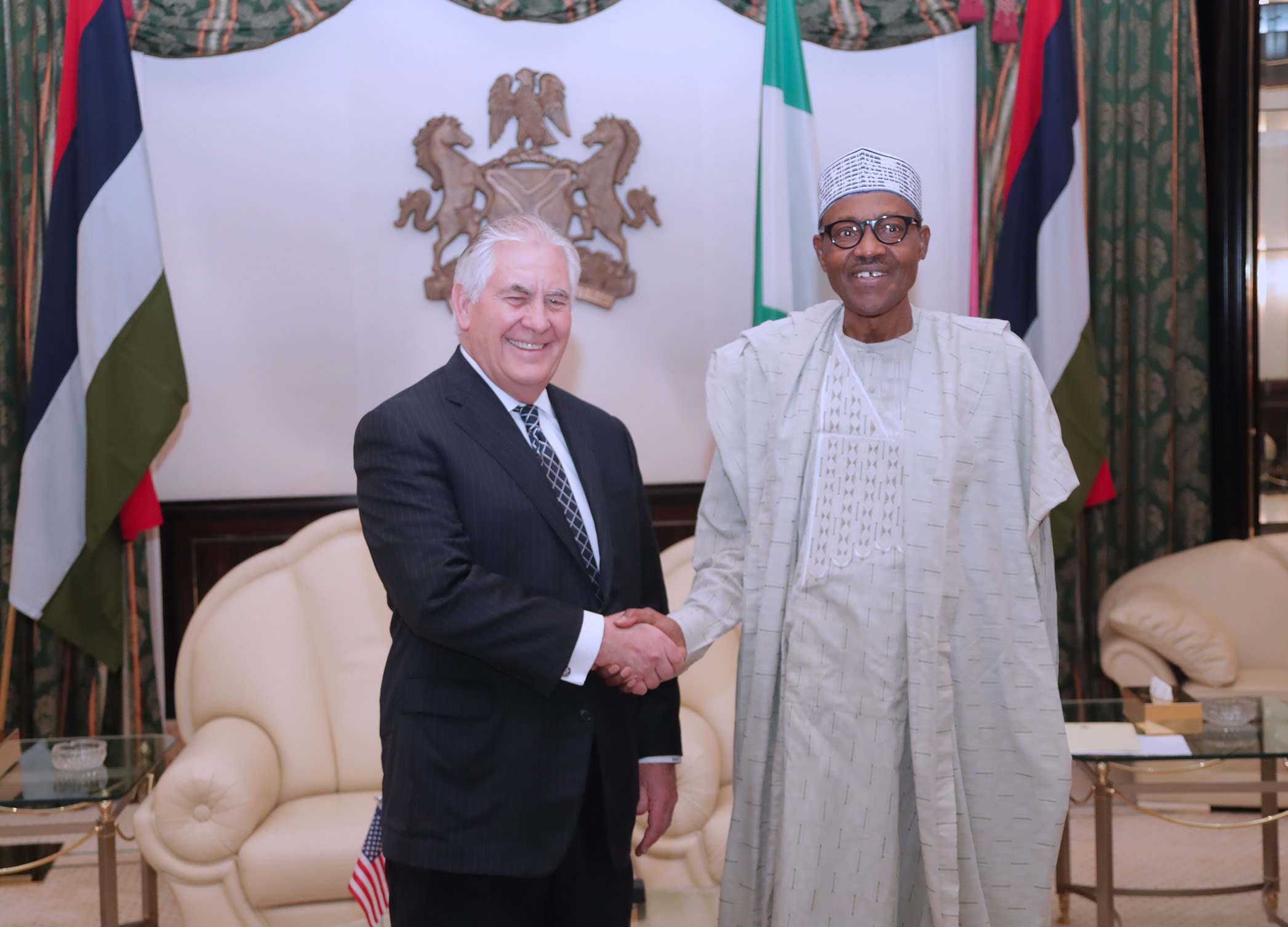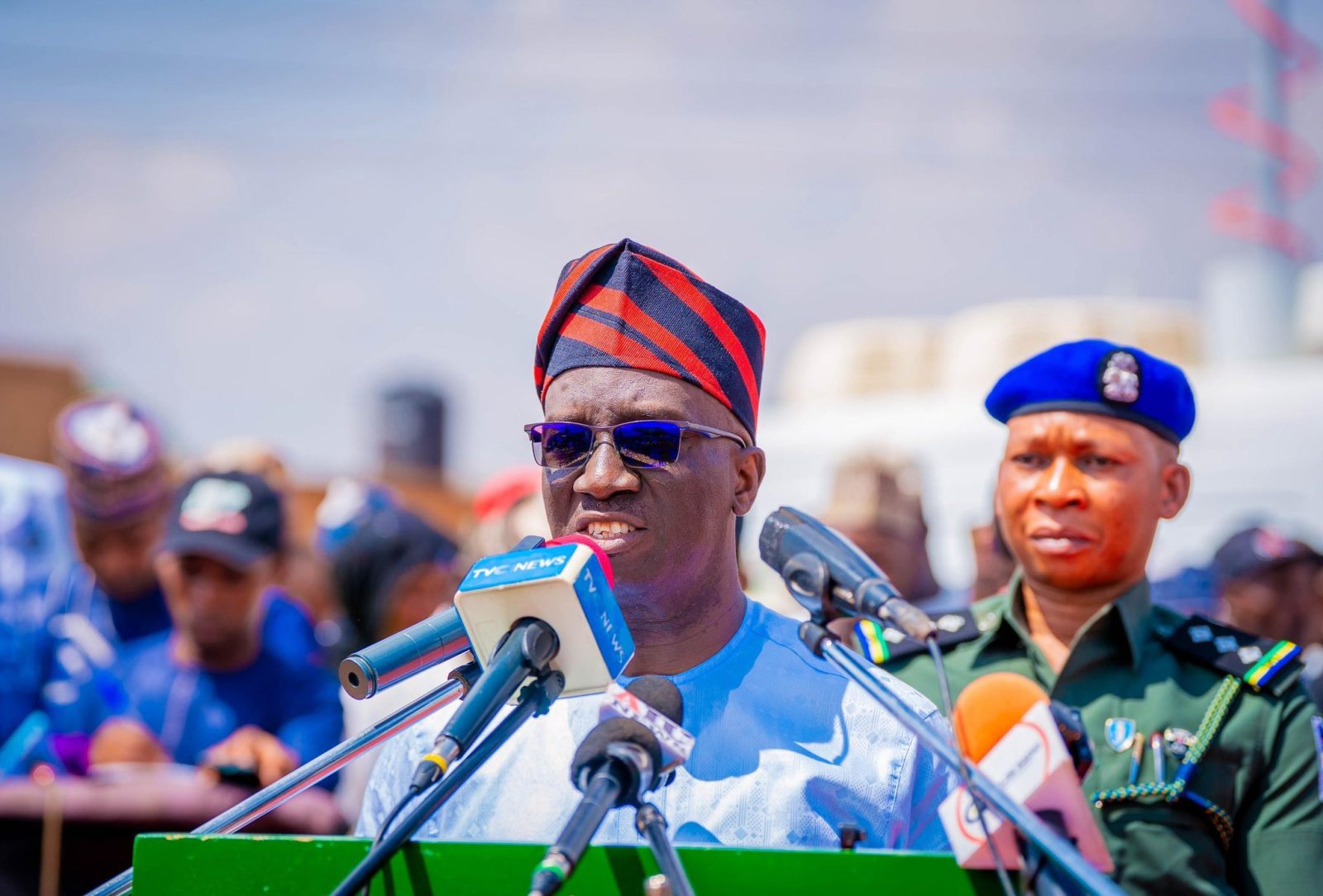With over $3.14 trillion in foreign currency reserves, China has a lot to invest. In addition to investing across asset classes, offering attractive loans has been a growing part of China’s geo-economic strategy.
“I think it is important to clarify that we do not seek to stop Chinese investments from flowing to countries that need those investments, said Mr Rex Tillerson, U.S Secretary of state on Monday in Abuja.
“But what we are cautioning countries is to look carefully, that the implications of the level of debts, the terms of the debts, and whether the arrangements around the local financing are intact creating jobs, local capacity or the projects being carried out by foreign labour being brought to your country, is the structure of the financing such that you will always be in control of your infrastructure?
“Are there mechanism to deal with the faults so that you do not loss ownership of your own assets? These are national assets whether there are ports, railways, or major highways.
“We have seen this occurred in other countries that were not so careful and has result they got themselves in situation where they awfully lost control of their infrastructure, lost the ownership of it.
“And that is the precaution that we talking about. That there are international rules and norms and financial structure to deal with unforeseen circumstances and I think we are just cautioning countries to look carefully.
“There are other alternatives financing mechanism that are available and I think in particular, of government create the right conditions around those infrastructures investments, there are also great potentials for public-private sector co-investing in the infrastructure. And we are developing mechanism that will also create alternative opportunities financing offer.
Many African countries are suffering the effects at this time. Brazil has gotten burned as well, according to a U.S official speaking to Per Second News Monday. In 2010, the Brazilian iron ore giant Vale signed a $1.23 billion loan agreement to construct 12 ‘Chinamax’ shipping vessels, each with a 400,000-ton carrying capacity for iron ore. Vale had the ships manufactured in China to create some goodwill, thinking the Chinese would then allow the Brazilian company to ship large quantities of iron ore to Chinese ports in its own vessels. But the plan backfired. On her maiden voyage in June last year, Vale’s first Chinamax vessel was barred from anchoring at Dalian port. Facing a backlash from domestic shipping companies, the Chinese government banned Vale’s ships from any port of entry in China. After months of dispute, particularly from China’s state-owned shipping company COSCO, Beijing allowed the ships to unload ore.
If there’s a lesson here, it may be not to expect the Chinese to make concessions on the deals that they make with BRICS partners. When China finances a pipeline, it may demand a lower price on the oil delivered. If you use Chinese yards to build your ships, it may ban your ships.























Leave a comment